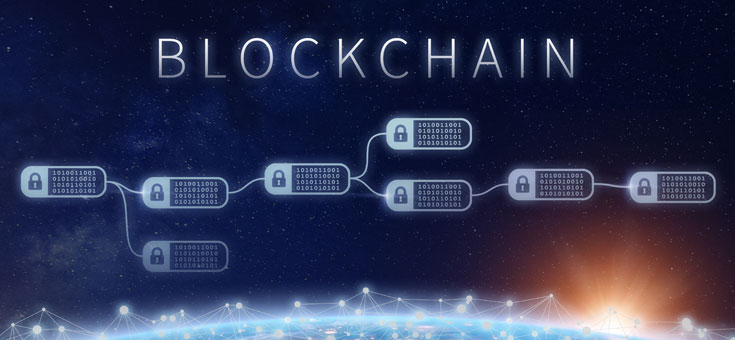
10 Jun Digitally Transforming the Election Process
Carriages turned to smart cars, books to e-books, landlines to smartphones, and paper money to cryptocurrency. Everything around us has advanced technologically. People are constantly finding new ways to improve their quality of life. A few things, though, have remained unchanged, stuck in their old ways. Namely, voting. But why go through the complicated and, frankly, the tiresome process of traditional voting when E-voting is a very palpable option in this day and age?
Traditional voting vs. E-voting?
First off, voting is the activity of choosing someone or something in an election. The trustee traditional voting is done using papers, pens, and a lot of people to ensure that the election and the voting process go smoothly. On the other hand, e-voting expunges all of that while letting you vote anywhere with your device of choice and a working internet connection.
However, some new threats present themselves along with e-voting. Consequently, a lot of countries and enterprises are approaching this procedure with caution. Reasonably so. Voting should be safe, legitimate, and accurate. E-voting can be manipulated and unsafe. That is unless used with another platform. A safe platform where there are end-to-end verification advantages and much more. That is where blockchain comes into play.
What is Blockchain?
In its most basic form, a blockchain is a digital ledger. The technology uses peers—or nodes—on its network to verify, process, and record all transactions across the system. Supported by millions of nodes simultaneously, this ledger is never stored, but rather exists on the “chain”. blockchain’s database of transactions is incorruptible thanks to encryption and decentralization where each record is easily verifiable. The network cannot be taken down or influenced by a single party because it doesn’t exist in one place.
Since it’s not only financial transactions that work with blockchain but any type of data transmission, it is most befitting for e-voting.
Blockchain and E-voting
One of the main concerns about e-voting is the security problems where any hacker can breach the online voting system and tamper with the results. However, a blockchain-based voting application wouldn’t face such problems since even if a hacker could make it through one node, they will surely not be able to affect other nodes. Voting on blockchain will be an encrypted piece of data that is stored on a blockchain network rather than a single server.
Furthermore, voters would be able to give their votes without their identity or political preference revealed to the public. And since each ID can be attributed to one vote, officials can also count the votes with utmost certainty.
Not only that, but also the blockchain voting system is decentralized and completely open, yet, as said, it ensures that voters are protected. This means any individual with blockchain electronic voting will be able to count the votes without knowing who voted for whom.
Very few countries and enterprises are using this technology for voting since, in all fairness, it is still a new and foreign concept. However, a great many past ideas were foreign, sometimes scary too. Before 1903, people must have thought the airplane to be a frightening machine but where would our world be today if people hadn’t taken the risk on that foreign, scary invention. Perhaps, e-voting through blockchain will bring many great things with it. It is time for voting to be moving past its old ways and try the more advanced, comfort-bearing ways.

No Comments